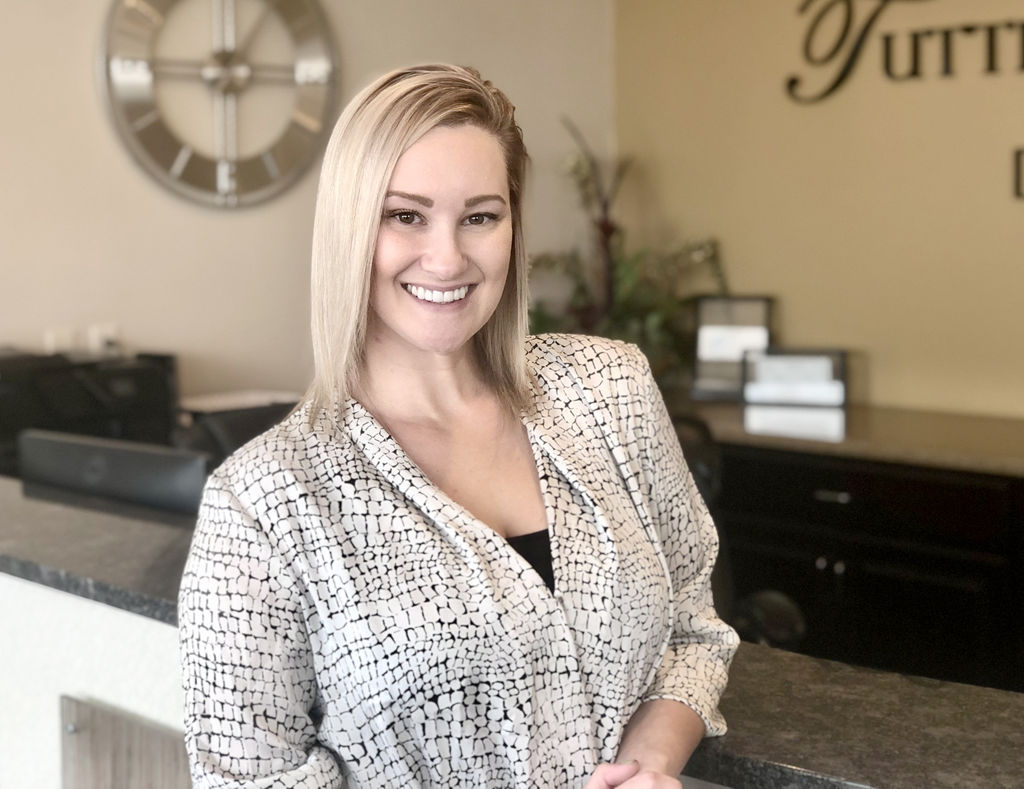
Cracking the Code D0140: Best Practices for Dental Billers
Efficient billing is a cornerstone of a successful dental practice, and understanding how to correctly use procedure codes is essential. One commonly used code is D0140, which represents a limited oral evaluation that is problem-focused. This article will provide dental billers with an in-depth look at D0140, outlining when it should be used, key documentation requirements, common pitfalls, and tips to ensure accurate billing and smooth reimbursement.
1. Understanding Code D0140
Definition and Purpose
D0140 – Limited Oral Evaluation, Problem Focused: This code is used for a focused examination of a patient’s oral cavity when the evaluation is driven by a specific complaint or problem. It is not intended for comprehensive exams but rather for addressing an acute issue or a single area of concern.
When to Use D0140:
Problem-Specific Evaluation: Use D0140 when a patient presents with a localized concern—such as pain, swelling, or a lesion—rather than for routine check-ups.
Interim Visits: It may be appropriate for follow-up visits addressing a specific problem between comprehensive examinations.
2. Documentation Requirements
Detailed Clinical Notes:
Problem Identification: Clearly document the patient’s presenting complaint, the specific problem being addressed, and any relevant findings from the focused examination.
Treatment Rationale: Include notes on why a limited evaluation was sufficient and how it differed from a comprehensive exam. This helps justify the use of D0140.
Patient History: Summarize pertinent medical and dental history that relates to the complaint, supporting the need for a problem-focused evaluation.
Supporting Evidence:
Diagnostic Aids: Attach any relevant radiographs, photographs, or test results that support the clinical findings.
Follow-Up Plans: If applicable, document any recommendations for additional testing, referral, or subsequent visits that may require a comprehensive evaluation.
3. Best Practices for Accurate Billing
Select the Right Code:
Appropriate Use: Double-check that the clinical scenario aligns with the definition of D0140. Avoid using it when a comprehensive oral evaluation (such as D0150) is more appropriate.
Code Pairing: Be mindful of how D0140 interacts with other codes in multi-procedure scenarios. Ensure that the limited evaluation is not duplicated or bundled incorrectly with other services.
Audit and Quality Control:
Internal Audits: Regularly review cases billed with D0140 to verify that documentation supports the use of this code. This proactive measure can help prevent claim denials and reimbursement delays.
Training and Updates: Stay informed about any changes in coding guidelines from the American Dental Association (ADA) or payer-specific requirements. Regular training sessions for your billing team can ensure consistent and accurate code application.
4. Common Pitfalls to Avoid
Overuse and Misuse:
Inappropriate Application: Avoid using D0140 for routine check-ups or comprehensive evaluations. Misuse can lead to claim denials and may raise compliance concerns during audits.
Insufficient Documentation: Failure to provide detailed documentation can result in reimbursement delays or denials. Ensure every claim includes robust clinical notes that clearly justify the use of a limited evaluation code.
Communication Gaps:
Internal Coordination: Ensure that the clinical team communicates clearly with billing staff regarding the nature of each patient visit. This alignment helps in selecting the correct code and supporting documentation.
Insurance Payer Requirements: Familiarize yourself with individual payer policies on D0140. Some insurance companies might have specific documentation or modifier requirements that need to be met.
5. Tips for Optimizing Reimbursement
Consistent Record-Keeping:
Template Use: Consider developing standardized templates for documenting problem-focused evaluations. Consistency in documentation can streamline the billing process and reduce errors.
Timely Submission: Submit claims promptly with complete and accurate documentation to minimize delays in payment processing.
Leverage Technology:
Practice Management Software: Use software that integrates clinical documentation with billing processes. Automated prompts or checklists can help ensure that all necessary information is captured.
Regular Training: Encourage ongoing education for both clinical and billing teams to stay updated on best practices, payer policies, and any changes in coding guidelines.
Conclusion
For dental billers, mastering the proper use of D0140 is key to ensuring accurate reimbursement and maintaining compliance with industry standards. By understanding when and how to apply this code, meticulously documenting patient interactions, and staying abreast of payer-specific guidelines, you can minimize errors and streamline the billing process.
Implementing these best practices not only helps secure timely payments but also contributes to the overall financial health of your dental practice. With diligent attention to detail and continuous training, dental billers can confidently "crack" the code D0140 and optimize its use for improved practice efficiency.

